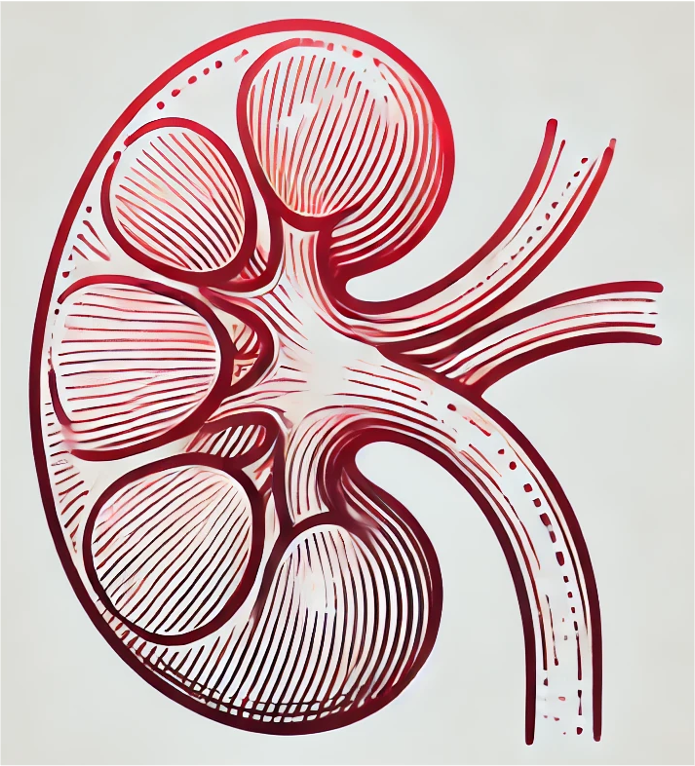Description
The eIF2 initiation complex is central to maintaining a functional translation machinery. Extreme stress such as life-threatening sepsis exposes vulnerabilities in this tightly regulated system, resulting in an imbalance between the opposing actions of kinases and phosphatases on the main regulatory subunit eIF2. Here, we report that translation shutdown is a hallmark of established sepsis-induced kidney injury brought about by excessive eIF2 phosphorylation and sustained by blunted expression of the counterregulatory phosphatase subunit Ppp1r15a. We determined that the blunted Ppp1r15a expression persists because of the presence of an upstream open reading frame (uORF). Overcoming this barrier with genetic approaches enabled the derepression of Ppp1r15a, salvaged translation and improved kidney function in an endotoxemia model. We also found that the loss of this uORF has broad effects on the composition and phosphorylation status of the immunopeptidome that extended beyond the eIF2 axis. Collectively, our findings define the breath and potency of the highly conserved Ppp1r15a uORF and provide a paradigm for the design of uORF-based translation rheostat strategies. The ability to accurately control the dynamics of translation during sepsis will open new paths for the development of therapies at codon level precision.
Overall Design
Mice were subjected to a single-dose, 5 mg/kg LPS tail vein i.v. injection or vehicle saline and kidney tissues were harvested at indicated timepoints (0, 1, 4, or 16 hrs). Indicated cell lines with 60-80% confluency were harvested at baseline or 16 hrs after poly(I:C) transfection using lipofectamine 2000 (final working concentration 1.0 g/mL).
Curator
yq_pan
